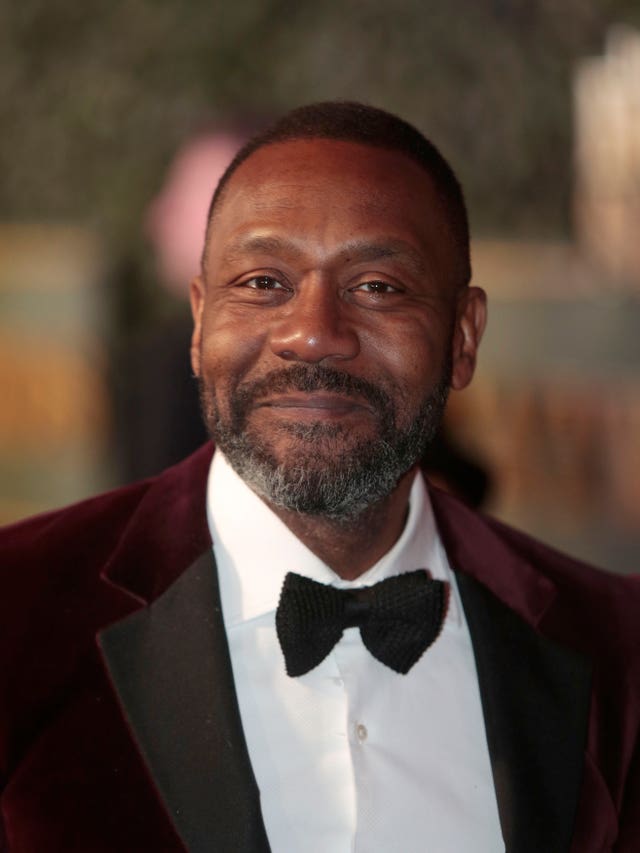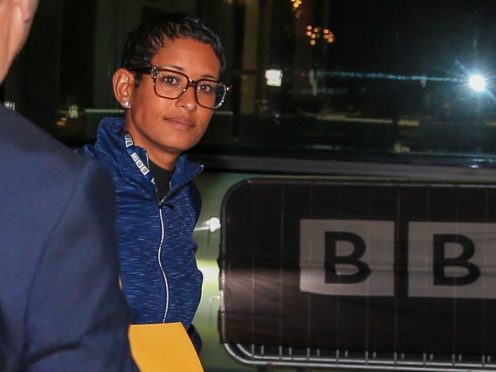Ofcom will address the BBC’s “lack of transparency as a matter of urgency” for failing to publish its reasoning for its initial decision over Naga Munchetty, and the Director-General’s move to reverse it.
The BBC’s executive complaints unit (ECU) last month ruled that BBC Breakfast presenter Munchetty breached editorial guidelines when she remarked on comments made by US president Donald Trump telling female Democrats to “go back” to where they came from.
The ruling was overturned last week by Lord Tony Hall following a large public backlash.
We have published our assessment of BBC Breakfast on 17 July 2019: https://t.co/gL8s9KFkB3 pic.twitter.com/mQknSaoqfl
— Ofcom (@Ofcom) October 7, 2019
However, Ofcom has said that, following its own assessment, the July 17 broadcast of BBC Breakfast was duly impartial in accordance with the Broadcasting Code, and that an investigation was not justifiable.
The media regulator said it has received 18 complaints, the majority of which related to the fact the ECU initially partially upheld a complaint against Munchetty.
Kevin Bakhurst, Ofcom’s group director for content and media policy, said: “Due impartiality rules are vital for maintaining high levels of trust in broadcast news.
“We took into account the format of the BBC Breakfast programme and the nature of the presenters’ exchange. Our assessment is that it would not breach our broadcasting rules and does not warrant investigation.”
Mr Bakhurst added: “More widely, we have serious concerns around the transparency of the BBC’s complaints process, which must command the confidence of the public.
“We’ll be requiring the BBC to be more transparent about its processes and compliance findings as a matter of urgency.”

Ofcom said that the exchange between Munchetty and her co-host Dan Walker was not considered to have breached due impartiality rules.
The watchdog has published correspondence between the BBC and itself following what they said was a “lack of transparency” from the broadcaster.
In a letter from the BBC’s director of editorial policy and standards David Jordan to Ofcom on October 2, he states: “We do not agree that the Royal Charter provides Ofcom with any self-standing power to investigate a BBC programme for breaches of content standards.
“Those powers are set out in, and are limited to, the BBC Agreement and Ofcom’s Procedures.”
In a reply on October 3, Mr Bakhurst said they had investigated the complaints, stating an article from the Charter saying that “one of the principal functions of Ofcom as the external regulator of the BBC is that it must secure the observance of standard in the relevant UK Public Services which must be in accordance with the Ofcom Broadcasting Code”.
He added: “In light of the complaints we have received and given the amount of public concern expressed about this case, and in particular the conflicting views coming from the BBC, we consider that it is in the public interest for Ofcom, as the external regulator of the BBC, to assess this programme against Section Five of the Broadcasting Code (due impartiality).”
A BBC spokeswoman said: “We note Ofcom’s finding and the fact they agree with the Director-General’s decision.”
The initial decision from the ECU prompted a backlash from the likes of Sir Lenny Henry and Krishnan Guru-Murthy, who were among a group of black and Asian journalists and broadcasters who called for the BBC to reverse its ruling.
Labour leader Jeremy Corbyn and Chancellor Sajid Javid were also among those criticising the BBC for partially upholding the decision over Munchetty.
